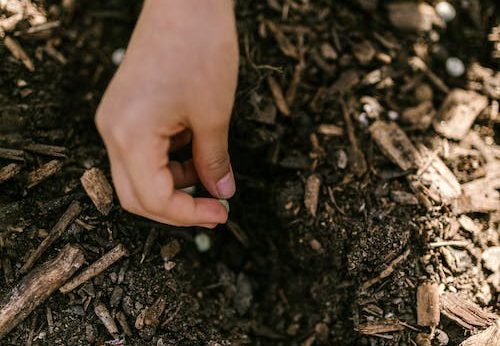Sowing, Watering and Reaping
Today, it is not strange to go out into the streets, evangelize to the strangers there and come back with a list of people who got born again. A crusade can net a big list of converts. Numbers they say, indicate good progress. On the other side we have disciples who are in offices, homes and workplaces who have been working hard to reach out to those who are not born again in their spheres of influence. They may walk with them for many years without them confessing Jesus as Lord. We have had missionaries who labored among unreached people groups for decades, they lived and displayed Christ to them. Yet, in some cases, we found that in the end, they had little to show in terms of numbers. We may marvel at the evangelists who bring in hundreds to the Lord in a few hours and question the efforts of missionaries and other secret disciples.
Sometimes we doubt the roles of the “ordinary” believers. Our systems have confined them to the back seats in church. They rejoice when the pastor reports to them that souls have been added to the kingdom. The few who go out there to make disciples feel inadequate to do the work of an evangelist. One fact that we may ignore is that no person hears the gospel for the first time and accepts it. If this was so, then we would be having a great number of Christians today. Those who accept it always have a background of the gospel, they have heard it in the past or have had some sort of exposure.
The universal law of sowing and reaping dictates that there is a season for planting, watering and harvesting. Sometimes, a person may plant, another will water and another will harvest. Paul used this same analogy in 1 Corinthians 3:6-10. He described how he planted the seeds and Apollos watered them as God made the seeds grow. He went ahead to give another analogy of a building, how one person can lay the foundation and another builds on it. All these tells of the processes that go into evangelism. It debunks the assumption that evangelism is always a one time event which got people “born again.”
I heard of a story of a missionary who labored for years in a certain village in an unreached people group. When he left after decades, he had very few disciples. Soon after, another missionary came to the same village and within months, he led so many unbelievers to Christ. It is easy to conclude that this second missionary outdid the first one, that he was ‘smart’ and was ‘led of the Spirit’ or was more ‘anointed’. But there are high chances that the first missionary laid a solid foundation. He planted and watered the seeds. The second one arrived just in time to harvest what was ready. Perhaps, if the first one stayed a bit longer, he could have had the same results. This is what Paul was talking about. Different people attending to the process at different levels. And all of them get the reward for a job well done.
We have many heroes and heroines who go about their daily activities scattering the seeds of the gospel and others who faithfully water those seeds. Most of the time, these ones may not get the chance to harvest the fruits of their labor. This is partly because the process from planting to harvesting takes quite some time. Every farmer knows that it takes a lot of patience to see the fruit after planting a seed. Our mighty God is more than able to accelerate and hasten the growth process. He is capable of shortening the time between planting and harvesting.
Yes, we should all celebrate when a soul is added to the kingdom. When crusades and evangelists net hundreds in a moment. And when it happens, it is good that we acknowledge that it is not our single-handed efforts that got it done. You may never know the many times that man or woman has interacted with the gospel before surrendering to Christ. What we need to do is to ensure that every disciple is engaging their platforms and spheres of influence and relational networks to make disciples by living out and sharing the gospel. Keep on scattering the seeds. Keep on watering the seeds that others have sown and in due time, we shall put in the sickle for the harvest is ripe.
****Peter Kale (not his real name) is a missionary serving among an unreached people group in Northeastern Kenya


